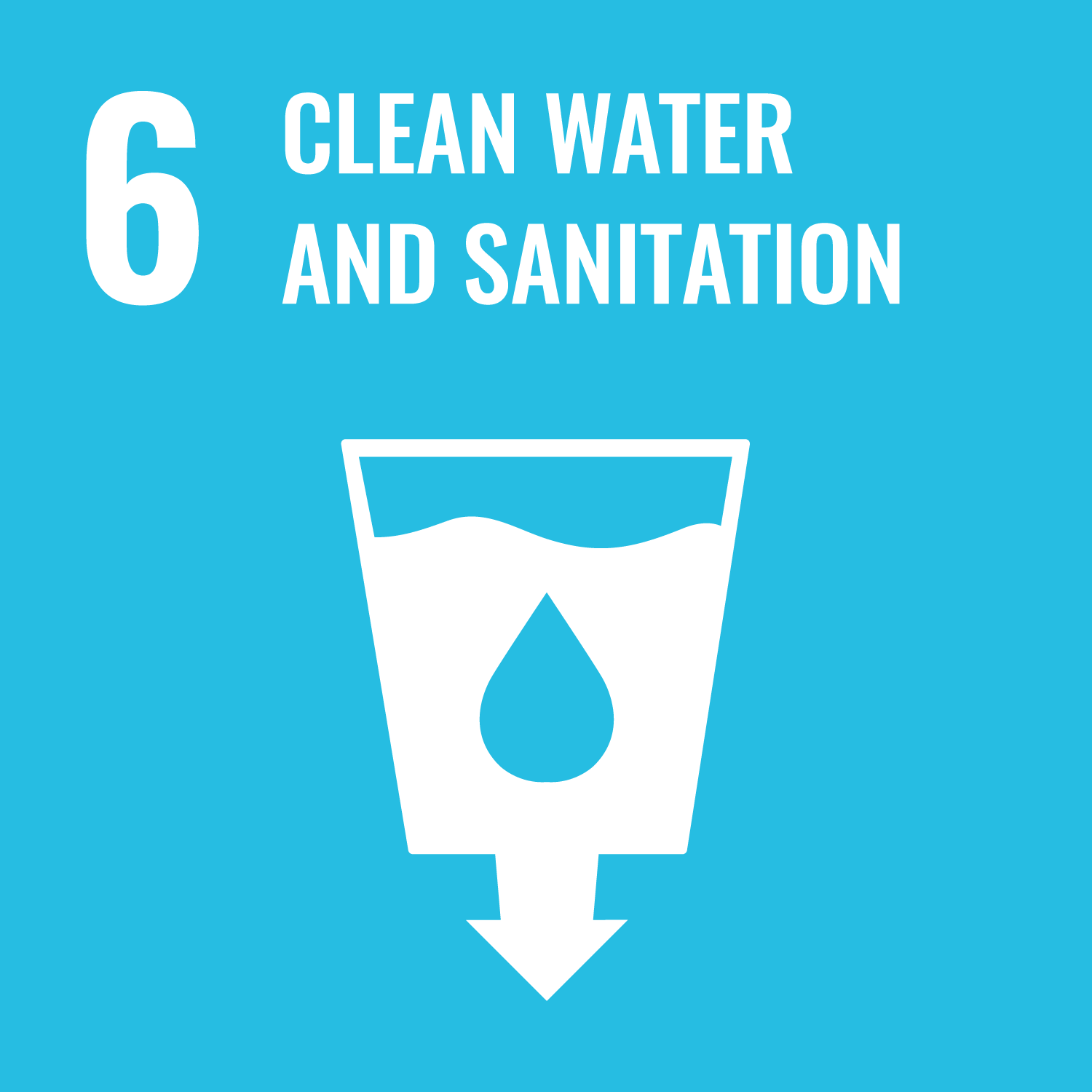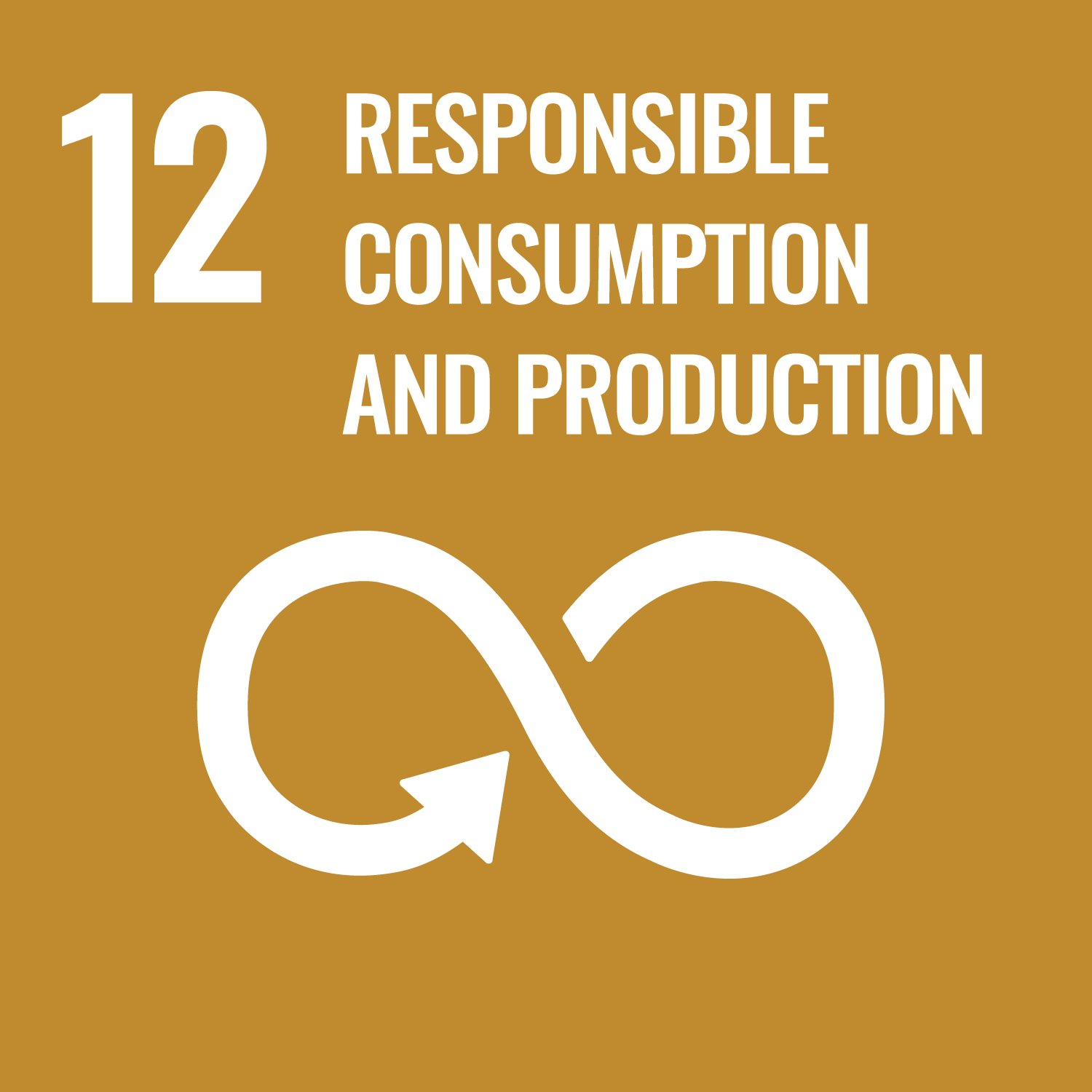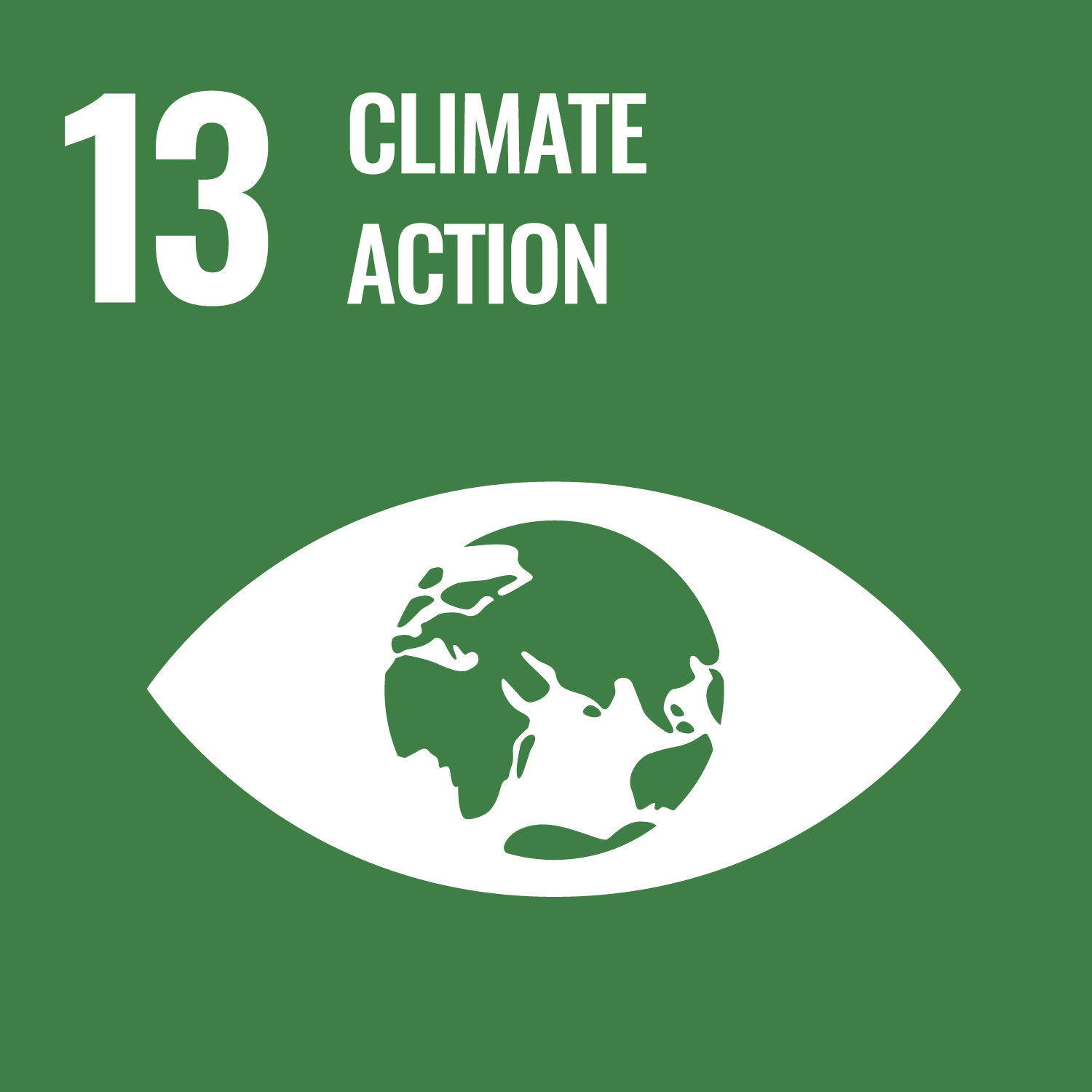Youth Against Plastic Pollution (YAPP)
Aligned SDGs



- Youth Against Plastic Pollution (YAPP)
- General overview
- Intervention
- Location
- Last data update
- Spreadsheet of data
- Youth Against Plastic Pollution (YAPP)
- General overview
- Intervention
- Location
- Last data update
- Spreadsheet of data
General overview
Stage of development: Scoping
Policy sectors: Environment and climate change / Water, Sanitation and Hygiene
Type of instrument: Outcomes Fund
Delivery locations: Zimbabwe
Country classification: Lower-middle-income
Intervention
Social or environmental challenge
Plastic pollution affects the right to a clean and health environment guaranteed by the Constitution. It alters habitats and natural processes, reducing ecosystemsâ ability to adapt to climate change, directly affecting peopleâs livelihoods, food production capabilities and social well-being. Zimbabwe per annum generates approximately 342 000 tonnes of plastic waste, which is about 18 % of the total waste in Zimbabwe largely in the form of Low-Density Polythene (LDPE); High Density Polythene (HDPE); Polyethylene Terephthalate; Poly vinyl chloride and Polypropylene. Over 10 000 of plastics are imported annually while the rest are generated locally. Compounding the situation, local authorities in Zimbabwe are unable to provide sustainable refuse collection services due to constrained budgets resulting in refuse dumps, Zimbabwe lacks engineered sanitary facilities for the disposal of waste and there are no regulatory frameworks addressing plastic pollution.
Description of the intervention
The project envisions addressing the plastic pollution crisis in Zimbabwe by implementing catalytic actions at the local authority level within the Harare City Council, the biggest local authority in Zimbabwe. The projects objectives include: strengthened ability of Harare City local authority to undertake concrete actions to tackle plastic pollution and strengthened ability of residents to make informed decisions concerning waste management. The envisioned outcomes are: (1) institutional strengthening and capacity development of Harare local authority to support regulatory frameworks addressing Plastic Pollution and (2) improved plastic waste management practices adopted by the Harare Local Authority, and reduction in carbon emissions related to plastic pollution. The project will address the challenge by cutting emissions through reduced production of new plastics, eliminate already existing plastic waste through the five Râs of waste management (refuse, reduce, reuse, repurpose, recycle), promote responsible production and consumption by plastic production and manufacturing industries, and reduce loss and damage linked to plastic pollution. The project is seen as a pilot, with potential for replication within other local authorities located in Zimbabwe. Key activities will include production of white policy papers, waste management simulations/challenges, institutional strengthening of local authority and stakeholder consultations.
Location
Country:
- Zimbabwe
Locality:
- Zimbabwe
Last data update
Data for this pipeline project was last updated in August 2023
You might have noticed that some pipeline projects have more data than others. This is because organisations can share as much data as they want with the INDIGO initiative. If you have more data on one of these pipeline projects and would like to share with us, please get in touch at indigo@bsg.ox.ac.uk. Our full list of variables and data definitions can be found here.
Spreadsheet of data
Important Notice and Disclaimer on INDIGO Data
INDIGO data are shared for research and policy analysis purposes. INDIGO data can be used to support a range of insights, for example, to understand the social outcomes that projects aim to improve, the network of organisations across projects, trends, scales, timelines and summary information. The collaborative system by which we collect, process, and share data is designed to advance data-sharing norms, harmonise data definitions and improve data use. These data are NOT shared for auditing, investment, or legal purposes. Please independently verify any data that you might use in decision making. We provide no guarantees or assurances as to the quality of these data. Data may be inaccurate, incomplete, inconsistent, and/or not current for various reasons: INDIGO is a collaborative and iterative initiative that mostly relies on projects all over the world volunteering to share their data. We have a system for processing information and try to attribute data to named sources, but we do not audit, cross-check, or verify all information provided to us. It takes time and resources to share data, which may not have been included in a project’s budget. Many of the projects are ongoing and timely updates may not be available. Different people may have different interpretations of data items and definitions. Even when data are high quality, interpretation or generalisation to different contexts may not be possible and/or requires additional information and/or expertise. Help us improve our data quality: email us at indigo@bsg.ox.ac.uk if you have data on new projects, changes or performance updates on current projects, clarifications or corrections on our data, and/or confidentiality or sensitivity notices. Please also give input via the INDIGO Data Definitions Improvement Tool and INDIGO Feedback Questionnaire.